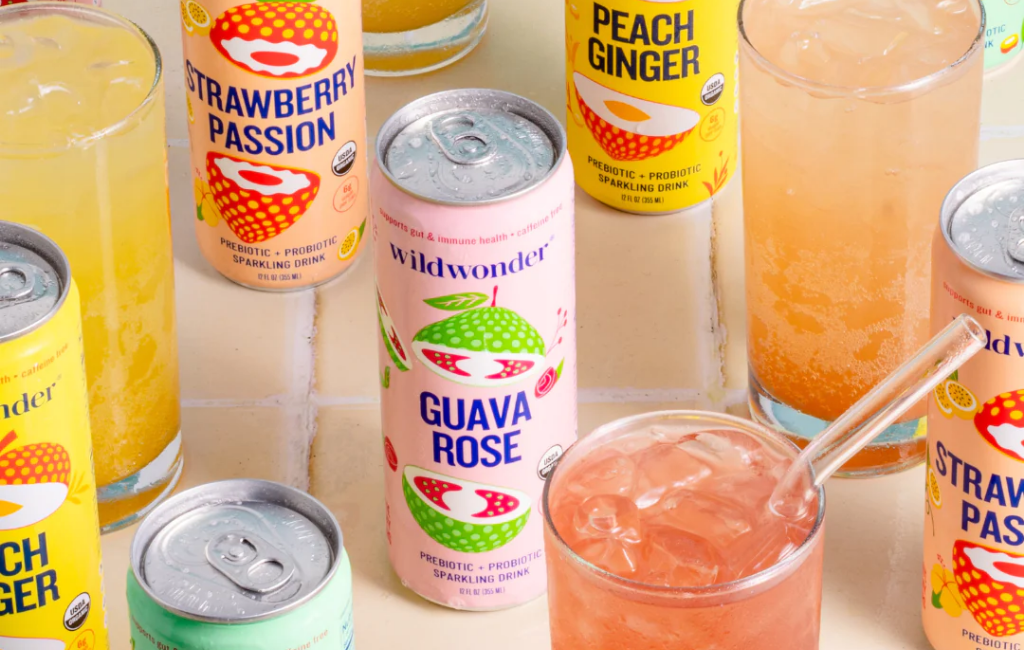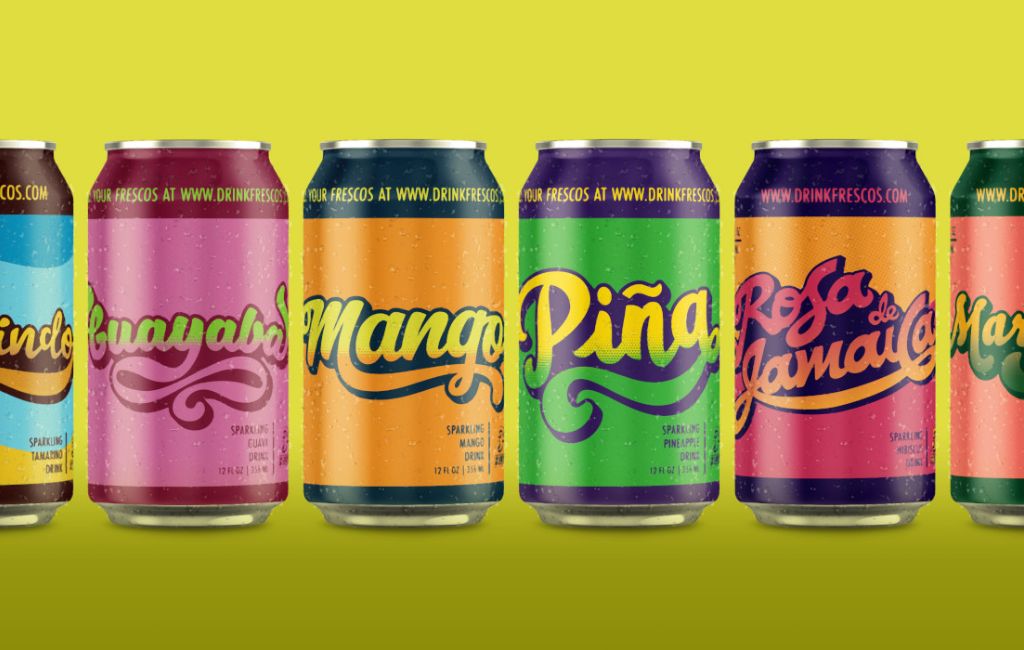Brass Roots Snacks
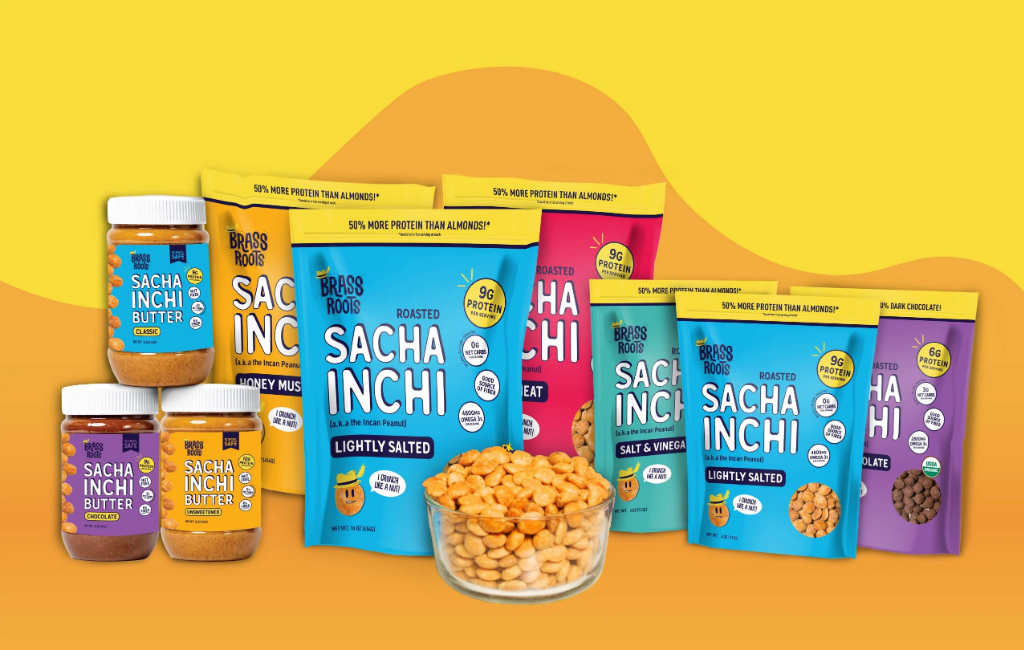
NO DEAL
EPISODE SUMMARY

Asking For:
$400,000 for 7%
Investor:
No Deal
Deal:
No Deal
PRODUCT SUMMARY
Brass Roots offers healthy snacks made from sacha inchi seeds, a nut-free alternative that’s school, pantry, and airline safe, with high protein and omega-3 fats.
WATCH HERE
IN A RUSH?
Click these to jump to the section you want to read.
Background Story
Brass Roots, founded by Aaron Gailmor, is based in New Orleans and specializes in creating snacks made from sacha inchi seeds, often referred to as the Incan peanut. Aaron’s motivation for starting this business stemmed from a personal journey in which his father was diagnosed with heart disease in 2010. This prompted Aaron and his family to become more health-conscious and focus on nutrition.
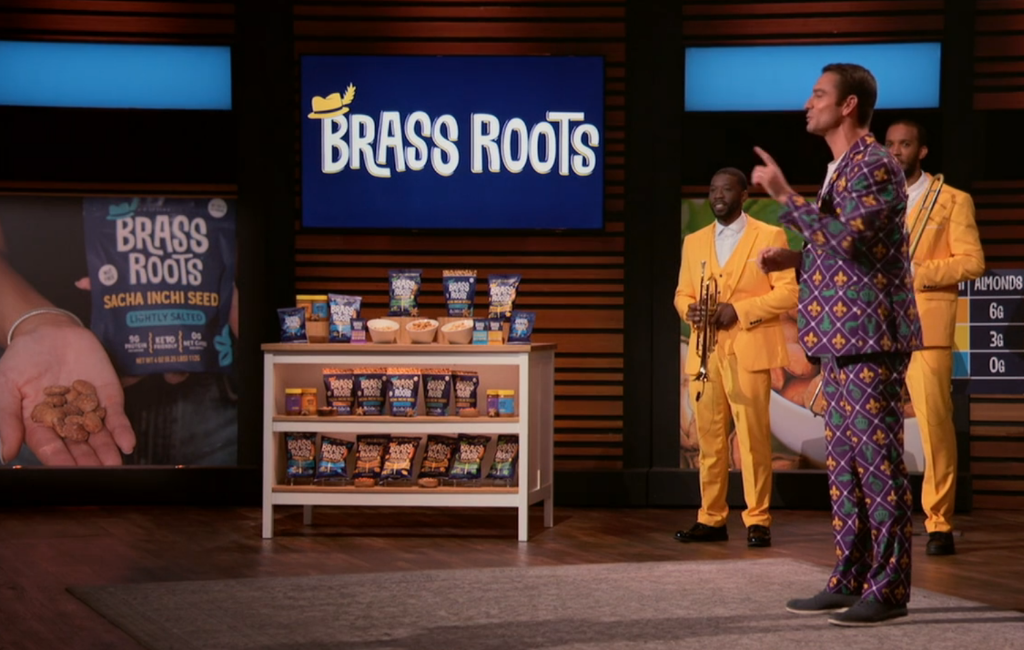
Aaron’s background includes a degree in business, and he initially worked at Citigroup in investment banking. However, his interest in nutrition and food eventually led him to co-found another business called Super Eats, which produced kale chips in the form of tortilla chips. While working on Super Eats, Aaron discovered the sacha inchi seed, and this revelation led him to pivot, rebrand, and start Brass Roots. He even bought out his co-founder from the previous business but kept the original investors on board, aiming to provide them with a return on their investment.
The Product
Brass Roots offers a range of snacks made from sacha inchi seeds. These seeds are often dubbed the Incan peanut because they resemble, taste, and crunch like traditional nuts but without allergens, making them safe for consumption in schools, pantries, and during air travel.
In comparison to almonds, which are regarded as one of the healthiest nuts, sacha inchi seeds contain 50% more protein and are high in omega-3 fatty acids, while almonds have minimal omega-3 content.
The product lineup includes roasted sacha inchi seeds in flavors like truffle parmesan and sweet heat, crunch puffs in truffle rosemary flavor, sacha inchi seed butter. All of these offerings provide a nutritious and tasty alternative to traditional nut-based snacks.
Customers can purchase Brass Roots products directly, and they are priced competitively at $17.99 per product, which is comparable to the cost of organic almonds priced at around $19.99.
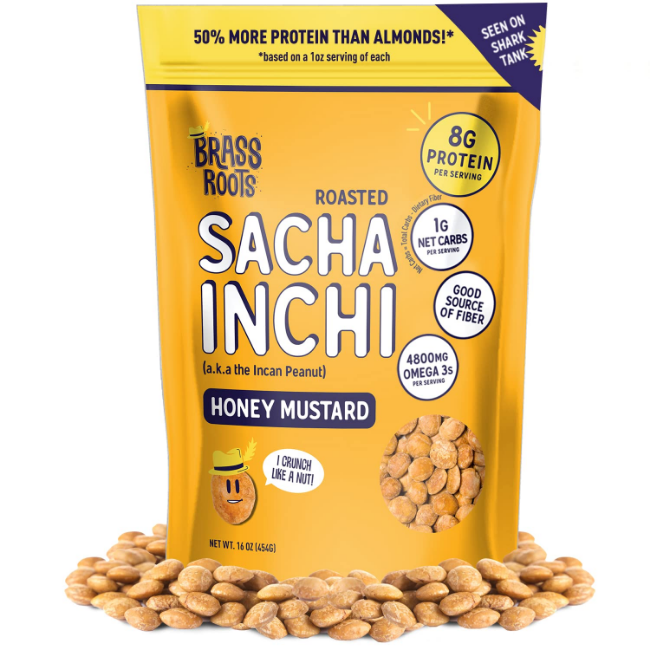
How It Went
The company’s position before Shark Tank
Brass Roots has seen steady growth over the years. In 2019, their revenue was $35,000, which increased to $250,000 in 2020 and then $500,000 in 2021. They are projecting even more substantial growth, with an expected revenue of $1.5 million in the current year. However, despite the growth in revenue, the company is not yet profitable and operates with a monthly burn rate of $20,000 to $30,000.
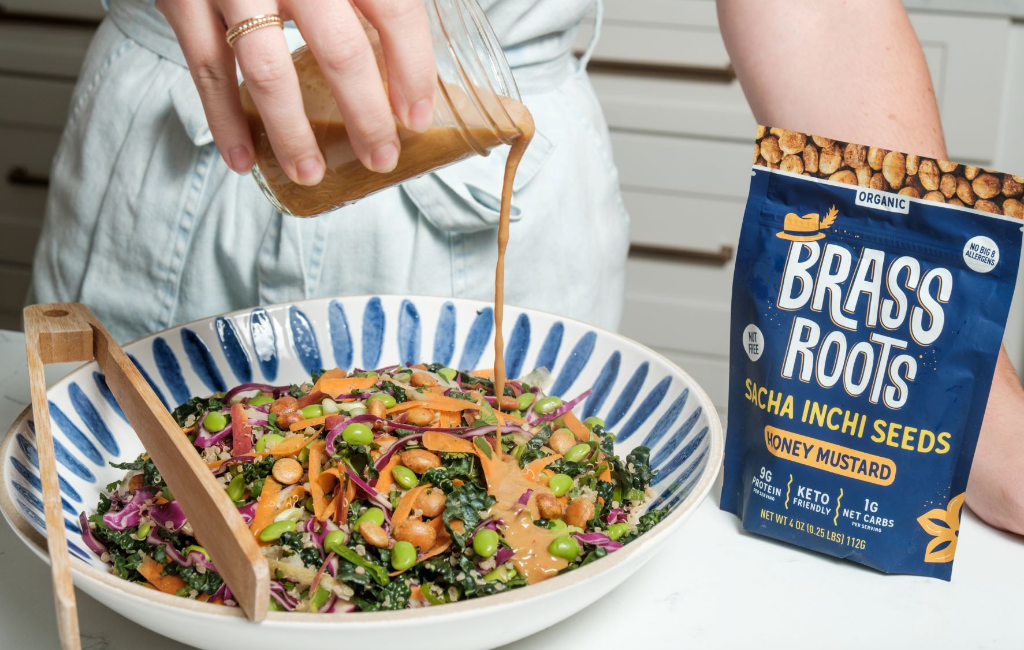
The company has raised a total of $1.7 million in investments to date. Their most recent valuation was $5 million at a post-money valuation. While Aaron owns 33% of the company, he allowed his initial investors to retain their equity in a previous business venture, demonstrating his commitment to honoring their investments. In terms of funding, Brass Roots currently has approximately $100,000 in the bank. They are actively seeking additional capital to fuel their growth and marketing efforts.
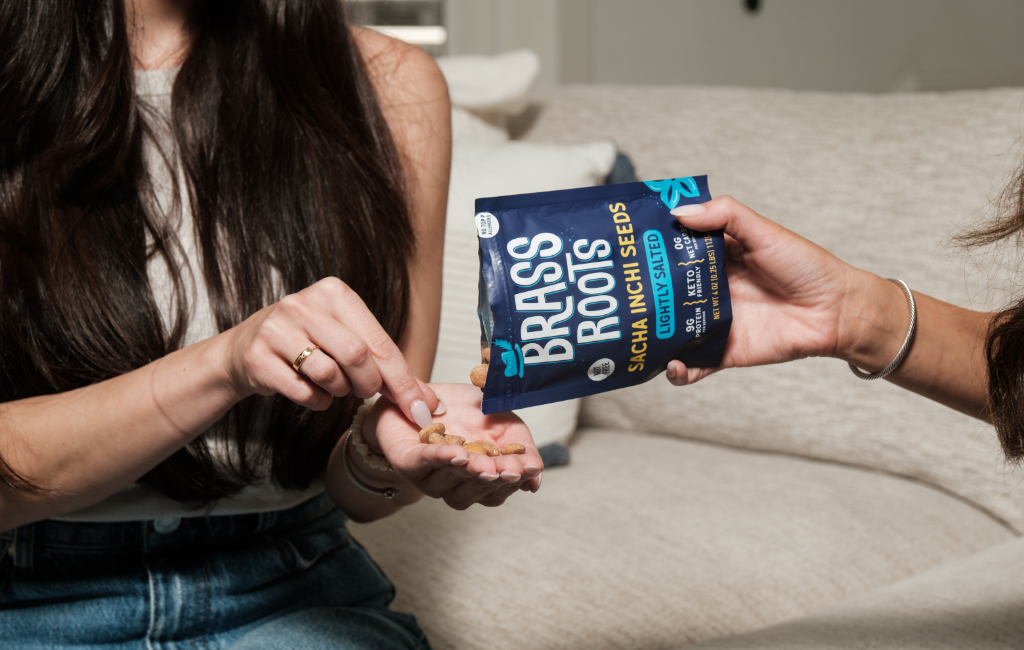
The Negotiations:
The Sharks were impressed with Brass Roots’ mission and the unique product made from sacha inchi seeds, but they had concerns about the company’s financial health. Aaron was seeking $400,000 in exchange for 7% equity, valuing the company at $5.7 million. Kevin O’Leary expressed skepticism due to the company’s financial situation, highlighting the fact that Brass Roots had only about 90 days of cash left.
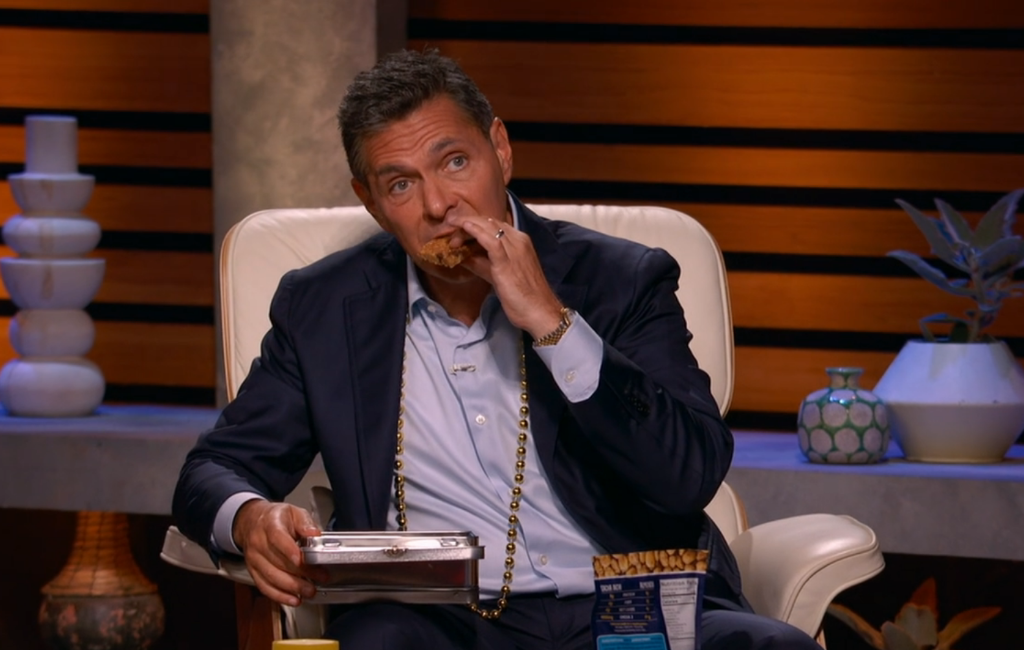
Mark Cuban also shared concerns about the company’s valuation and its financial challenges, ultimately deciding not to invest. Lori Greiner was interested in the product but was hesitant because of the limited public awareness of sacha inchi seeds and how to market them effectively. She opted not to invest.
In the end, no deal was made, with all the Sharks opting out due to concerns about the financial situation and valuation of the company. Despite the setback, Aaron remained optimistic about the company’s future and the positive impact of their product on consumers’ health.






